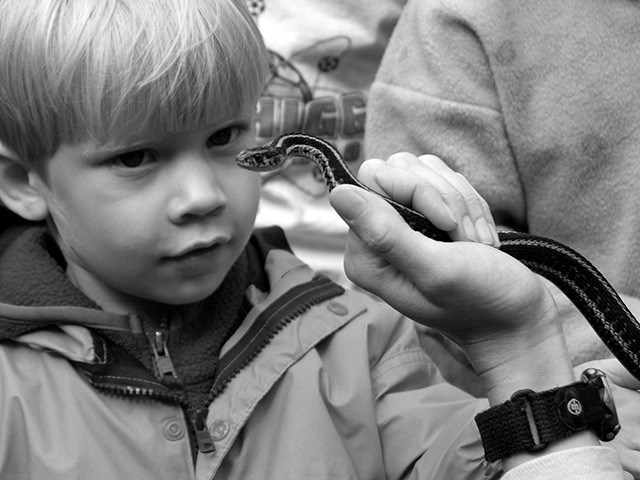A total of 243 new species were discovered in Whistler last weekend during the resort town’s first BioBlitz event.
Thirty scientists joined forces with the public during a 24-hour race against the clock to discover as many species as possible from Saturday, Aug. 11 th to Sunday, Aug. 12 th .
New species found included invertebrates, vascular plants, mosses, fungi, lichen, and one chipmunk.
And the total number of all species catalogued during the event was 698.
“It went really, really well,” said Bob Brett, event organizer and director of the Whistler BioDiversity project.
“You know, it is a fun event. You get to hang out with people, and spend time with scientists who are doing totally different things. It really pumps you up. You get caught in the excitement of trying to find more stuff,” he said.
Wendy Horan, a western toad expert from Nelson B.C., agreed the event was a huge success.
“You don’t see that kind of energy very often, and it was just an all around great group. From the organizers, to the participants, to the scientists, it was just fantastic,” said Horan.
“I went into it thinking, if I can change the perspective of one person, then it is a success as far as I am concerned. And I know that there were a lot of people that left the event with a whole new outlook on Whistler’s biodiversity,” she said.
Horan added that based on the event’s success, she is contemplating organizing a similar event in the Nelson area.
Brent Matsuda — a scientist from the Lower Mainland who has worked with amphibians, snails, slugs, owls, and invertebrates — also was impressed with the event.
“It’s great to have the public involved in these sorts of things, because it gives them awareness of what is in their own back yard and what’s around,” said Matsuda, adding that it was important that the event also stressed the value of recording wildlife.
Matsuda said that unfortunately, there is not a lot of comprehensive information on wildlife in British Columbia, but records are needed to understand environmental impacts on both animals and plants.
“Take birds, for example. Bird watchers have been around for centuries, and they have always recorded birds in terms of where they have seen them, and they describe them,” said Masuda.
“But if people had only done that with things like small mammals, or frogs, or plants, we’d have an idea of historically what has gone on in the last hundred years,” he said.
Matsuda added Whistler is an ideal setting for the BioBlitz because the Olympics are coming, and so there is a need to get an idea of what species exist before major impacts or changes to the landscape and habitat occur.
The first BioBlitz was conducted in Washington, DC in 1996 with the aim of establishing the degree of biodiversity in an area and popularizing science.
According to Brett, BioBlitzs are held annually in both Alberta and Saskatchewan, but while one was held in Vancouver in 2001, it “never got any legs.”
However, Brett hopes to continue hosting BioBlitzs in Whistler, and said he plans to have more scientists attend next year’s event.
Whistler BioBlitz was organized by Brett and Elke Wind as part of the Whistler Biodiversity project, a multi-group, multi-year project to catalogue and conserve Whistler’s native species.




